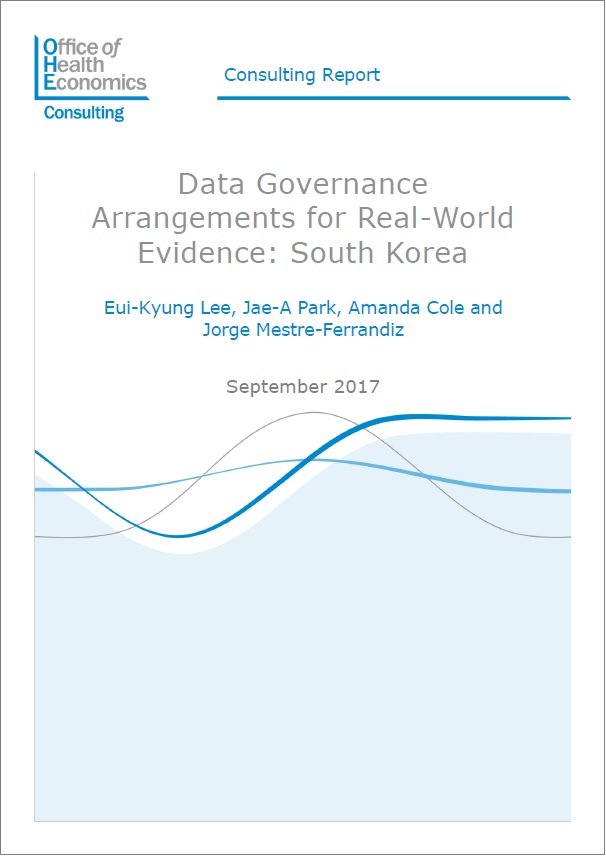In 2015, OHE published a report which set out the core principles that should govern how Real-World Data (RWD) is accessed or generated, and used credibly to generate Real-World Evidence (RWE), thereby working toward a set of “international standards”1.
In 2015, OHE published a report which set out the core principles that should govern how Real-World Data (RWD) is accessed or generated, and used credibly to generate Real-World Evidence (RWE), thereby working toward a set of “international standards”1.
The analysis was based on a study of governance arrangements in eight key markets: the UK, France, Italy, Sweden, Germany, the Netherlands, Australia and the U.S.
In recognition of the expanding market for health care data in South Korea, the authors partnered with collaborators from SungKyunKwan University to extend this assessment to South Korea. In this report, the authors outline the current arrangements for the collection, sharing and use of RWD in South Korea, and assess how these compare with an “ideal”, facilitative framework for data governance.
1 Cole, A., Garrison, L., Mestre-Ferrandiz, J., & Towse, A. (2015). Data Governance Arrangements for Real-World Evidence. OHE Consulting Report, London: Office of Health Economics
